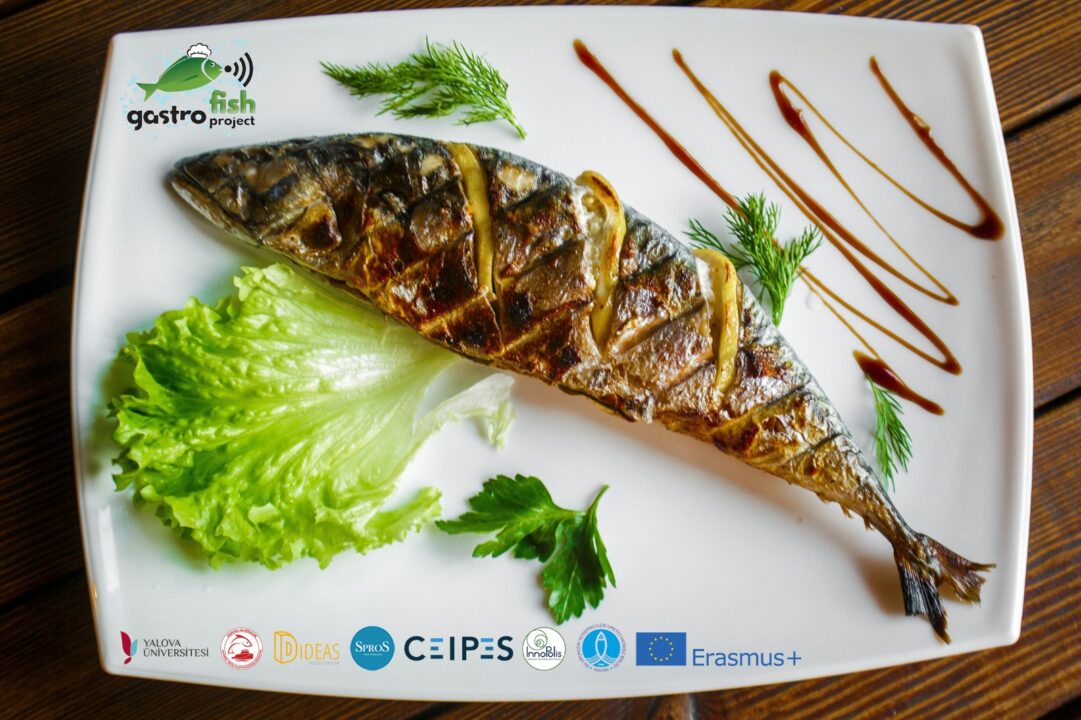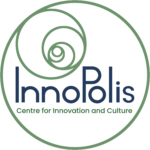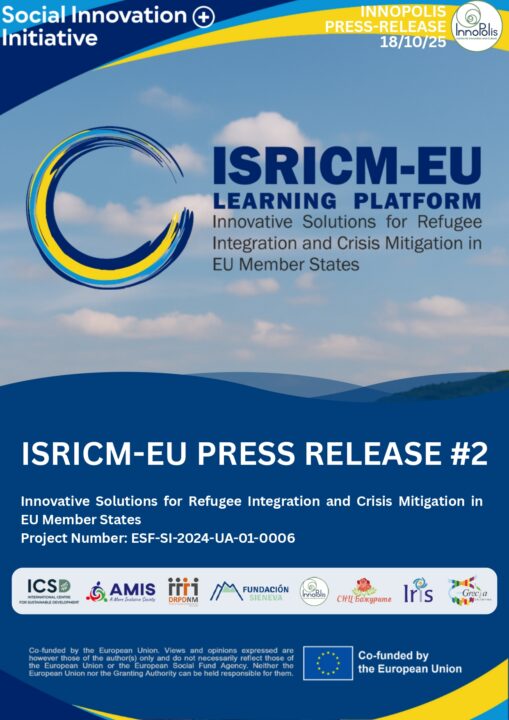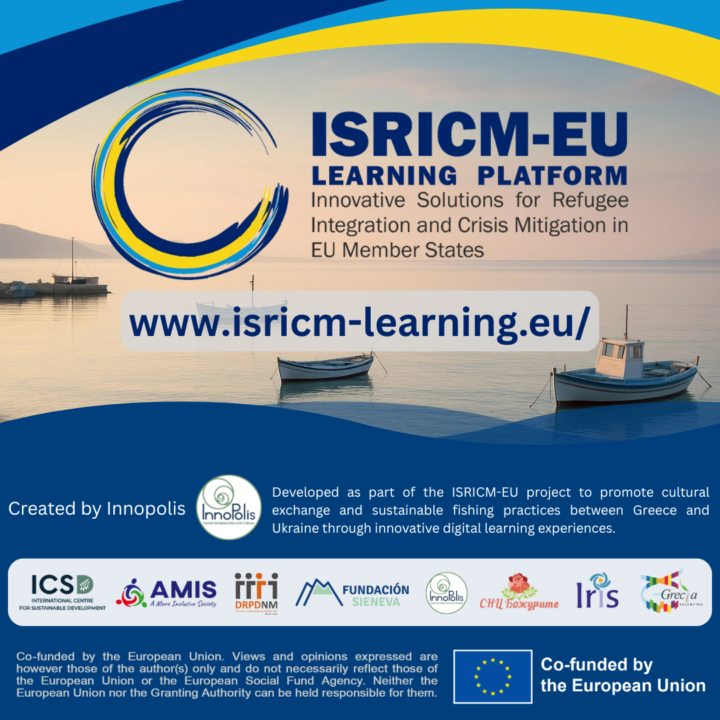
ISRICM-EU PRESS RELEASE 18/10/25
18 October 2025Citizen Co-Creation: A Recipe for Coastal Resilience and Blue Protein Innovation in Europe

Across Europe’s coasts, communities are adapting to climate change, shifting fish stocks, and the socio-economic challenges of traditional livelihoods. A new generation of projects is showing that culinary heritage, digital learning, and co-creation can help chart a more resilient course. From Denmark to Greece, initiatives such as Forgotten Fish, GastroFish, and ISRICM-EU demonstrate how community-driven innovation can link gastronomy, vocational renewal, and environmental stewardship.
Forgotten Fish: Reviving Heritage Through Culinary Innovation
Launched in 2024, Forgotten Fish unites partners from Denmark, Greece, and Italy to revive neglected species and traditional fishing practices. Led by Marstang Restaurant on the Danish island of Ærø, the project connects chefs, artisanal fishers, vocational educators, and cultural organisations in a shared mission to blend haute cuisine with sustainable, small-scale fishing.
Through hands-on workshops and transnational exchanges – from the Trabucco fishing platforms of southern Italy to local food events in Denmark – the project reclaims forgotten culinary knowledge and promotes biodiversity. Its online course and training modules on fish biology and sustainable cooking make traditional expertise accessible to new learners.
Project partner Lars Münter of the Nordic Wellbeing Academy explains: “While we still need to fight to reduce or reverse climate change, people depending on the ocean also need to adapt. Our project takes a strong, creative approach to this challenge.”
By combining local storytelling, gastronomy, and digital tools, Forgotten Fish turns community memory into a practical strategy for climate adaptation and blue food innovation.


GastroFish: Youth-Led Digital Co-Creation in the Blue Economy
Parallel to Forgotten Fish, the project GastroFish mobilises young people in coastal regions through digital learning and co-creation. Led by Turkish and Mediterranean partners, the project builds a multilingual e-learning platform that blends fisheries education with culinary creativity. Participants co-develop recipes such as anchovy- seaweed pizza, tub gurnard soup, and spirulina-infused fish burgers – fusing heritage with modern sustainability.
Three online modules – covering fisheries basics, seafood species, and cooking skills – enable peer-to-peer learning across Greece, Italy, Turkey, and Spain. With contributions from InnoPolis, the platform promotes inclusion, critical thinking, and cross-sector cooperation between youth, chefs, and educators. The result: new skills, intercultural dialogue, and fresh enthusiasm for sustainable seafood.
The Power of Co-Creation: Four Pillars of Impact
Together, Forgotten Fish and GastroFish highlight how co-creation transforms climate adaptation into a social movement. Their combined ethos rests on four pillars:
- First is Rooted Innovation; Reviving artisanal fishing traditions and regional cuisines grounds sustainability in local identity and tradition.
- Second is Intergenerational Learning; Youth engagement ensures knowledge transfer, skill building, and continuity of coastal heritage.
- Third is Cross-Sector Collaboration; Partnerships among chefs, fishers, educators, and cultural actors foster new trust networks and shared goals.
- And fourth is Digital Innovation; using MOOCs, podcasts, and online recipes democratise access to knowledge, particularly for women, youth, and marginalised groups.
The pillars enable small, citizen-led partnerships to generate cooperation across borders, ecosystems and communities.

Blueprints for Coastal Climate Adaptation and Blue Protein Uptake
The projects offer practical lessons for implementing the EU Green Deal, the Farm to Fork Strategy, and the Mission: Restore our Ocean and Waters. By empowering citizens to co- create solutions, they help diversify diets with low-impact, nutritious species while strengthening artisanal fisheries as cultural and economic anchors.
They also bridge vocational education with climate-smart food systems, aligning green and digital transitions. In doing so, they support broader ambitions for food sovereignty and territorial food systems that prioritise resilience, short supply chains, and ecological care.
ISRICM-EU: Extending Co-Creation for Inclusion and Resilience
The ISRICM-EU project (Innovative Solutions for Refugee Integration and Crisis Mitigation in EU Member States), coordinated by the Nordic Wellbeing Academy and InnoPolis, extends these lessons beyond fisheries. It applies co creative, community-based training to support refugees – particularly those displaced by the war in Ukraine – through vocational pathways, cultural inclusion, and local engagement.
By integrating social innovation with place-based learning, ISRICM-EU shows how approaches first tested in culinary and coastal settings can foster intercultural understanding, civic pride, and collective resilience. Like Forgotten Fish and GastroFish, it transforms training into empowerment, linking wellbeing, inclusion, and sustainability.
Lessons for Europe’s Fishing and Coastal Communities
For practitioners, several insights emerge:
- Work with locals, not just for them.
When communities design projects – reviving recipes, developing training, or managing resources – they take ownership, ensuring lasting change. - Let tradition meet technology
Combining digital tools with heritage skills can open new markets. Apps and online platforms help fishers sell directly and chefs share local stories, keeping blue protein relevant in a digital age. - Think beyond the dock
Fishing connects to tourism, education, and local gastronomy. Linking these sectors builds resilience when both seas and markets shift. - Share and scale learning
Exchange across regions keeps innovation alive. What works in an Italian harbour might inspire a Finnish village to adaption ideas. - Use available funding
EU and national programmes for climate adaptation, innovation, and community development can amplify local ideas into systemic change.
Together, these strategies illustrate that when people and place drive transformation, innovation naturally follows.

From Forgotten to Future
Through storytelling, shared meals, and skill-building, Forgotten Fish and GastroFish transform cooking into climate action. They revive not just species and recipes but relationships – between people, place, and the sea. ISRICM-EU complements this vision by showing how intercultural and vocational inclusion can anchor resilience even amid displacement and crisis.
Collectively, these initiatives show that modest funding and strong partnerships can turn co-creation from a method into a mindset – one that makes sustainable blue protein not only achievable but desirable. Aligning food innovation with social cohesion, they model a holistic vision for Europe’s blue future: inclusive, adaptive, and deeply rooted in local culture.
As the tides of climate change rise, Europe’s coastal story may indeed be written in the language of forgotten fish – and in the hands of those who cook them back to life. Join us on Ærø, Denmark, June 17-18, 2026 to experience this coastal revitalisation firsthand.
Prepared in cooperation with the Nordic Wellbeing Academy (NWA) within the framework of the ISRICM-EU project.




